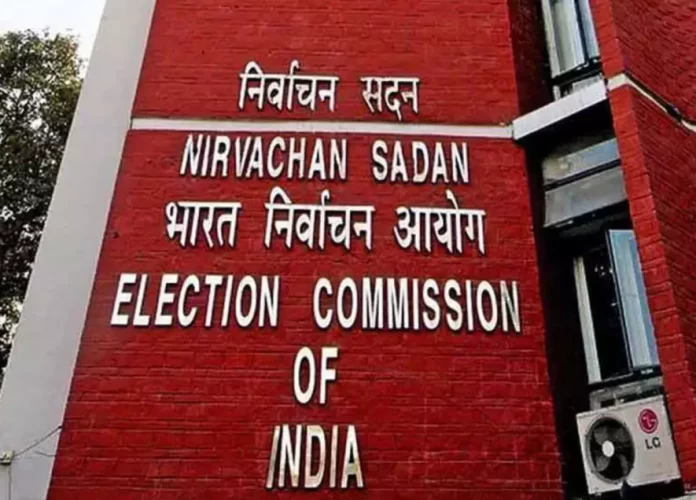– Mohammed Atherulla Shariff
When the Election Commission of India failed to make public the voting figures of the first and second rounds of elections in time in the format in which they were supposed to be published, it was questioned by the Leader of the Opposition in the Lok Sabha, Mallikarjun Kharge. The response of the Commission is more worrisome than its functioning itself.
The Election Commission described Kharge’s letter on the reported discrepancies in the voting data as an “attempt to push a biased narrative under the guise of seeking clarifications” and told him to “exercise caution and refrain from making such statements”. It also said that making public his letter to other leaders was “highly undesirable” and was designed to “create confusion, misdirection and impediment to the conduct of smooth, free and fair elections.”
Commenting on the above response of the Commission, Deccan Herald editorially writes, “The EC is expected to answer the charges made against it by political parties with facts and with reference to procedures and conventions, explain the actions taken by it on their complaints and concerns, and do it all with dignity commensurate with an independent constitutional body. It should not indulge in a shouting match and mudslinging, much less in issuing warnings to opposition leaders. Aggressive and intimidating postures will further erode its credibility.”
The Election Commission ushers India to its electoral nadir. The current ECs are twisting the knife in the deeply wounded electoral process. They have taken a weak, inadequate system and murdered its soul, writes Palanivel Thiaga Rajan in the Frontline.
ECI is under a cloud for going soft on PM Modi’s communal utterances. The electoral body’s impartiality is also under question as it is quick to censure opposition leaders but goes easy on the BJP, says TK Rajalakshmi, another political writer.




